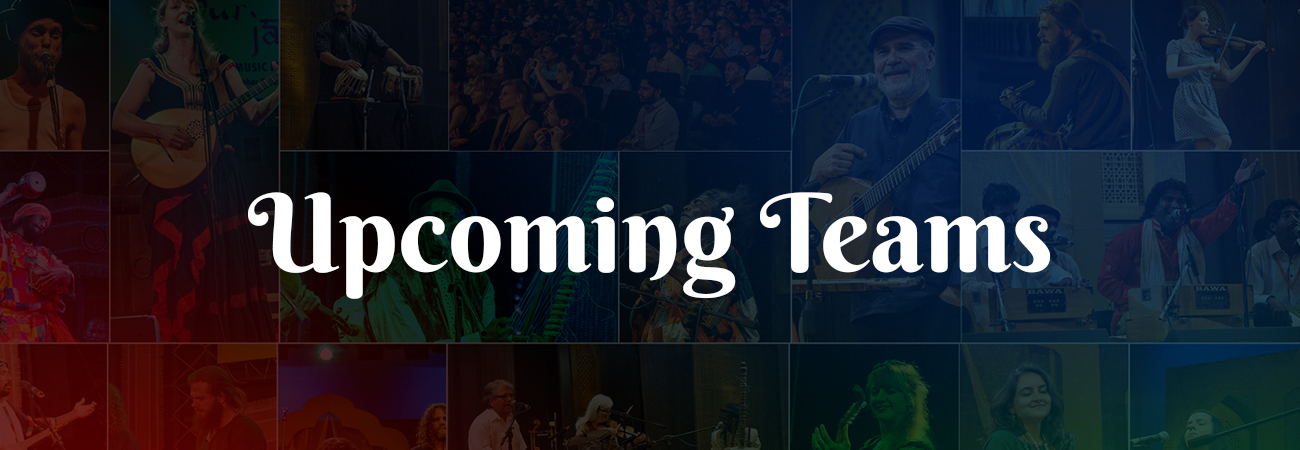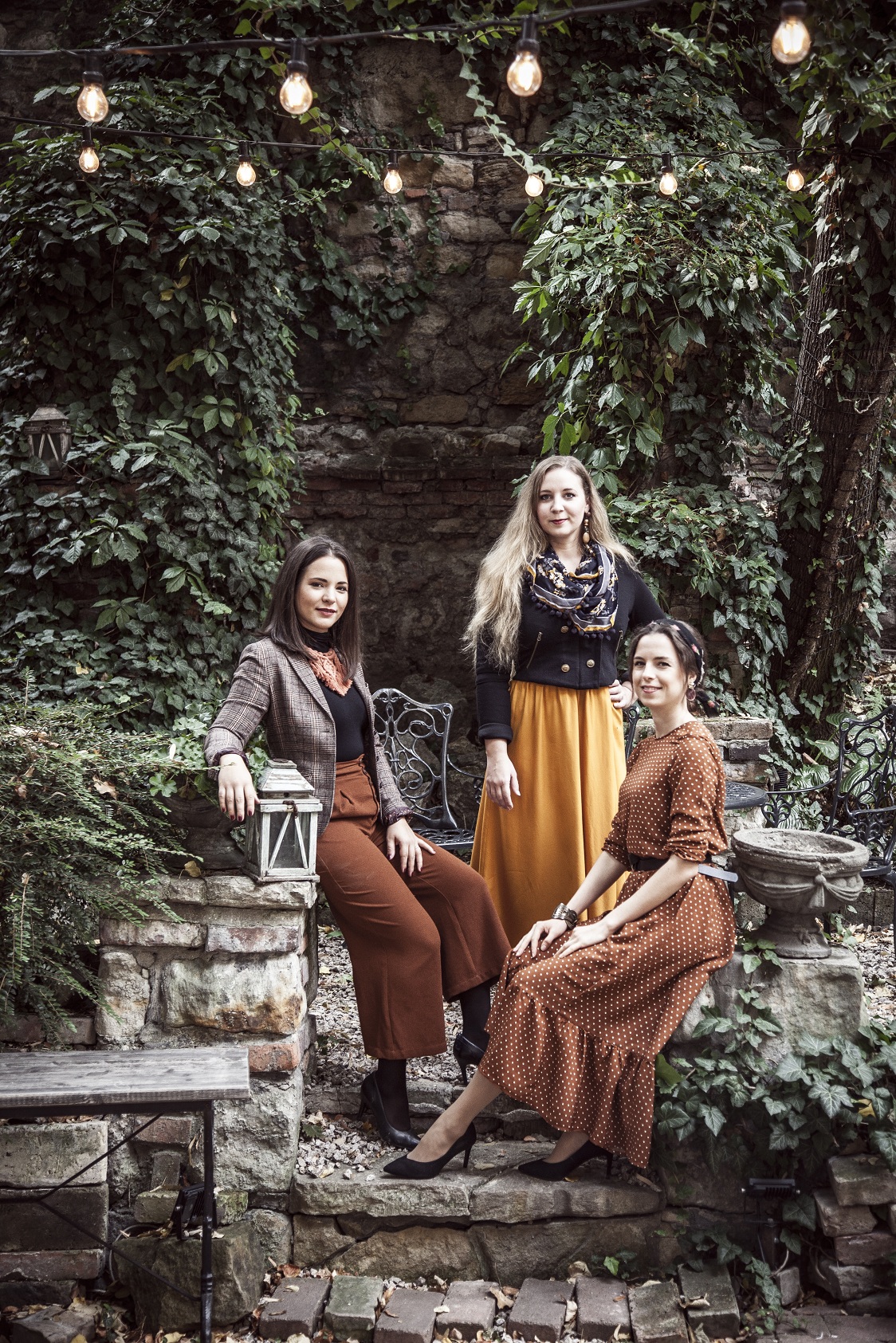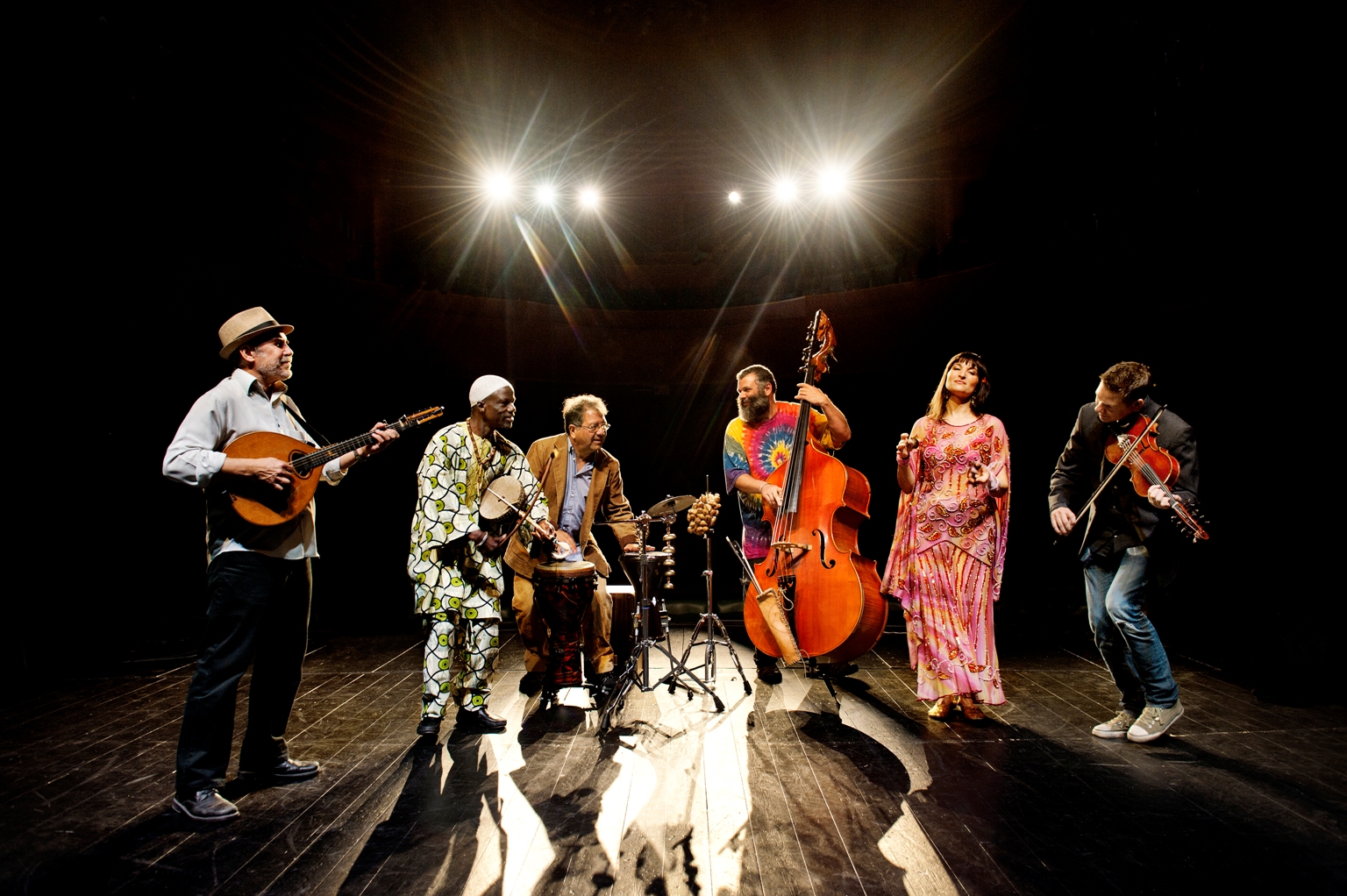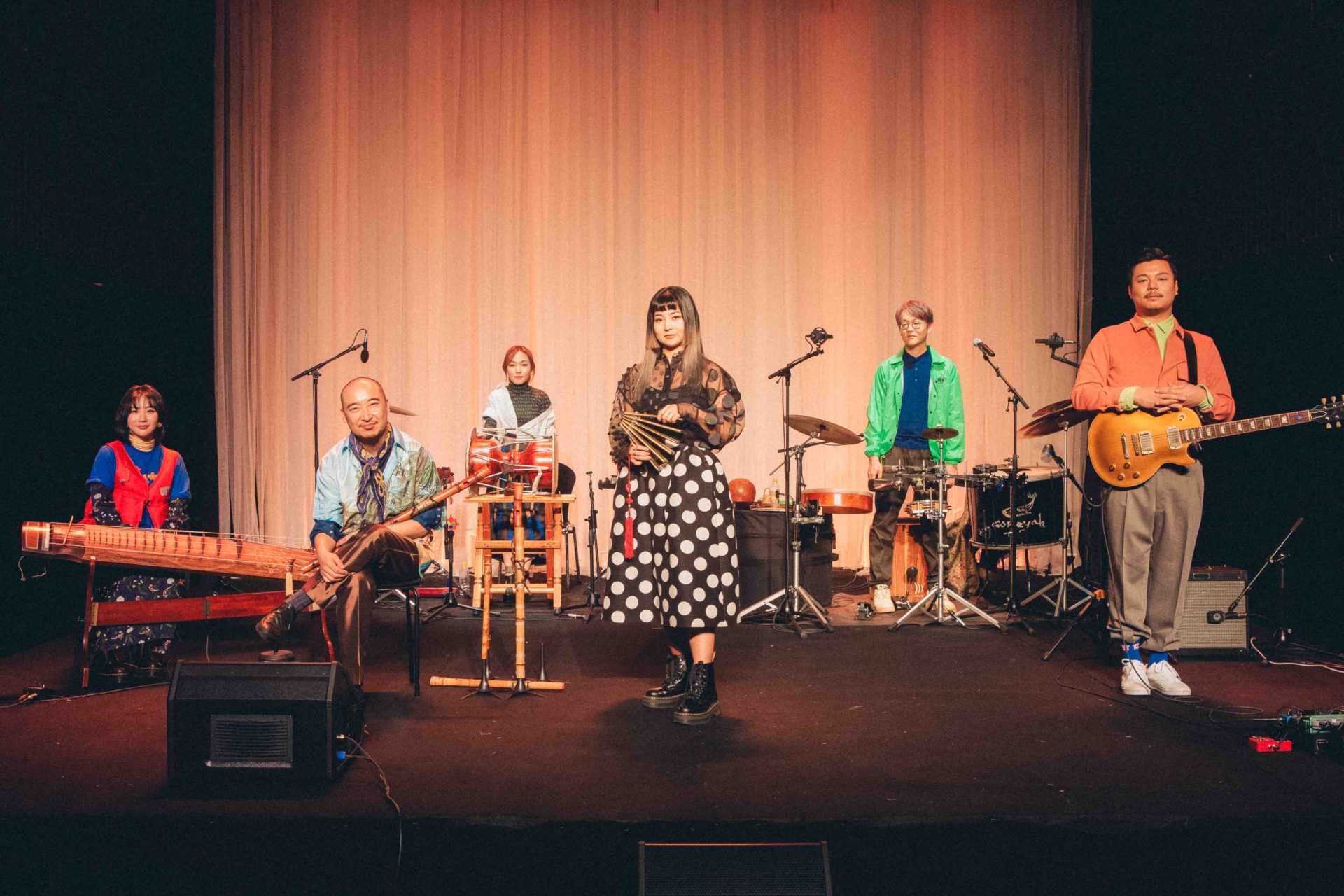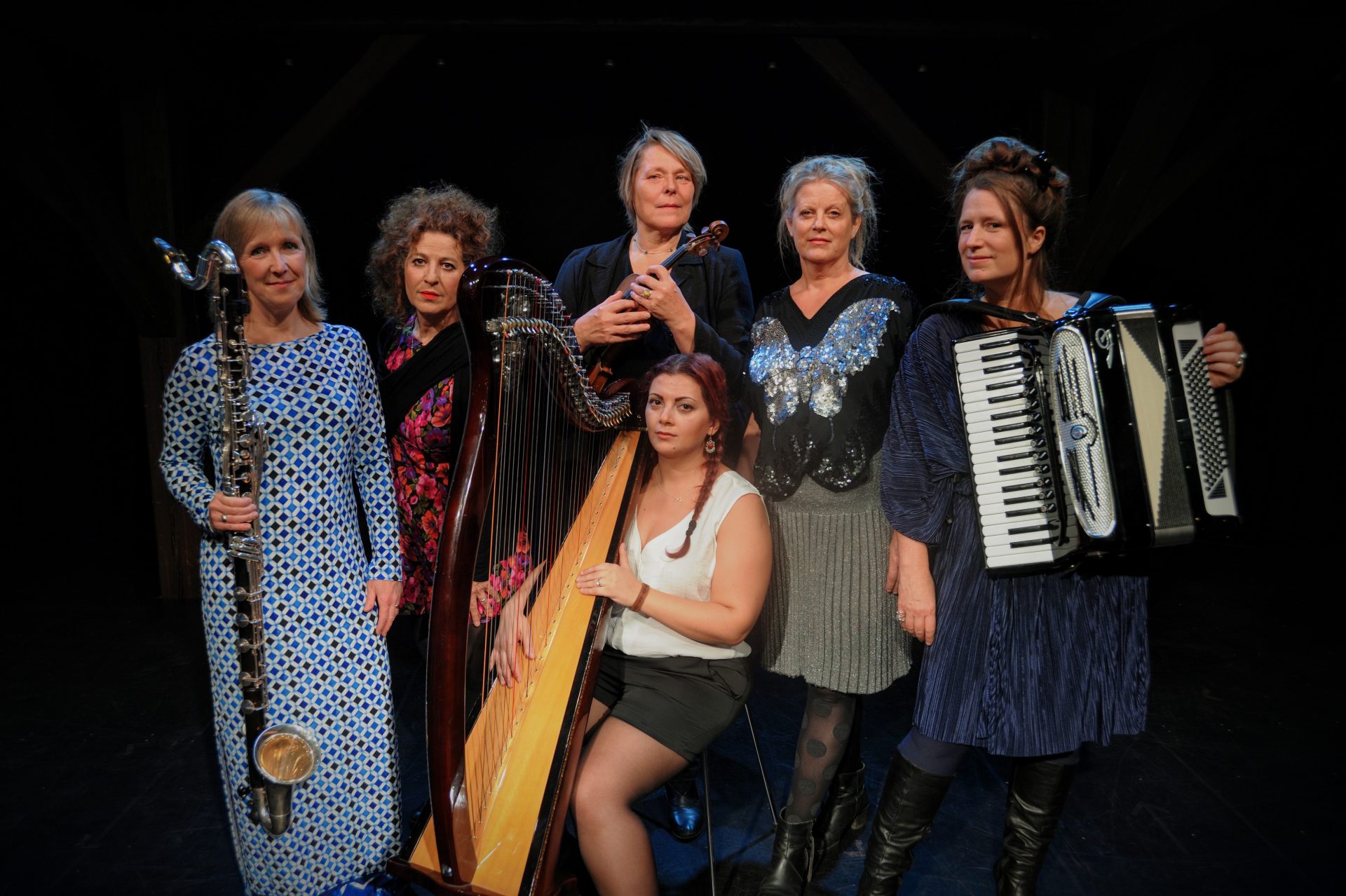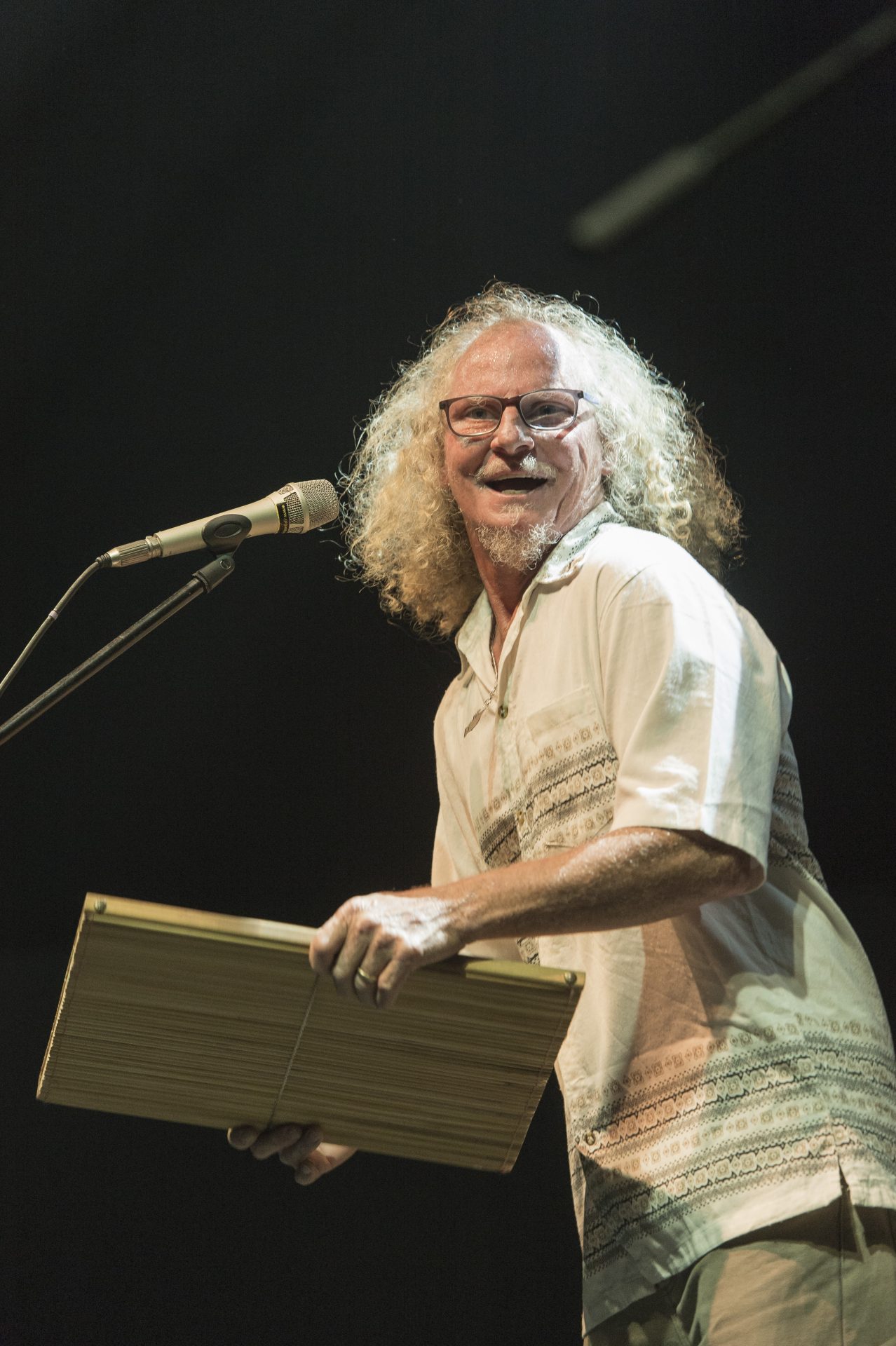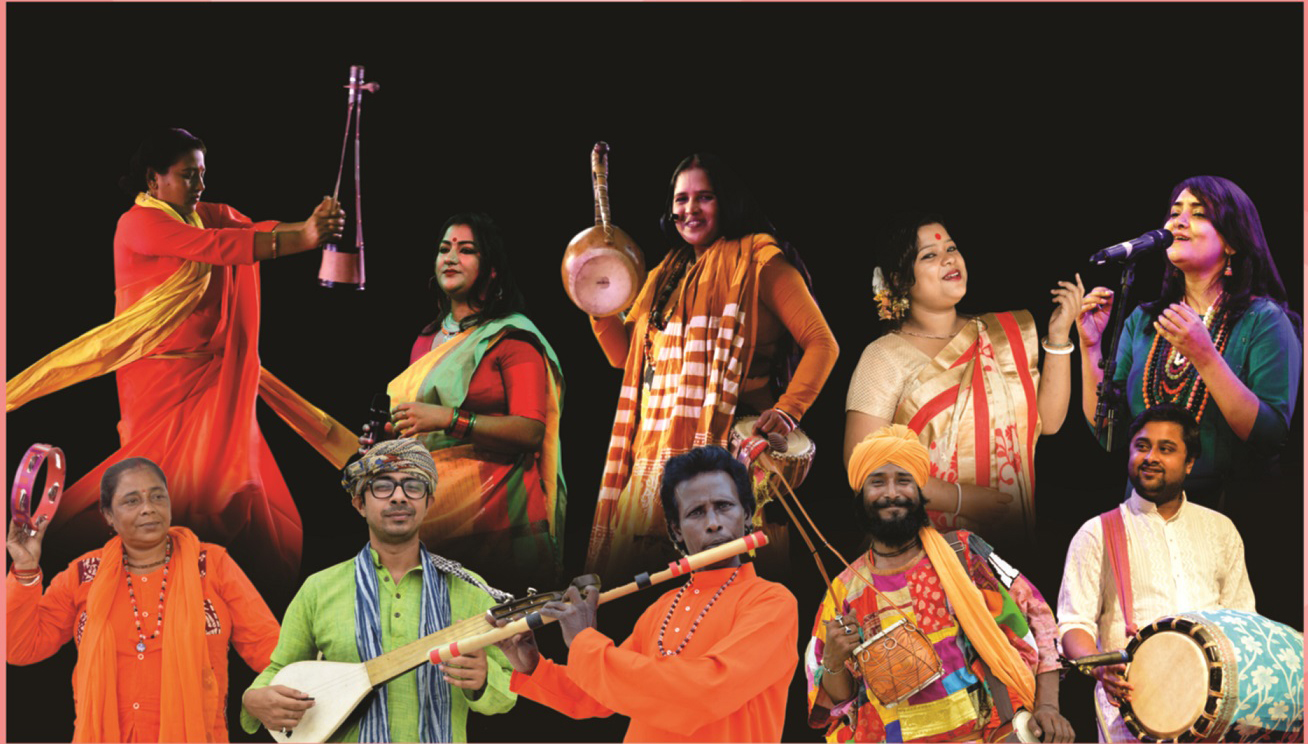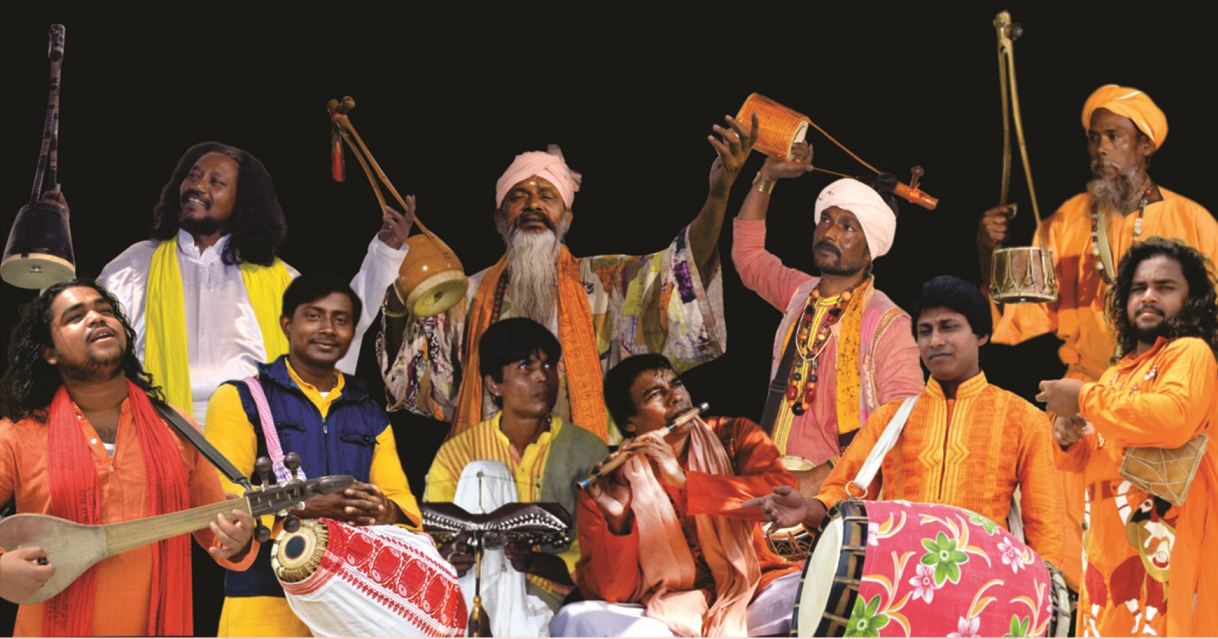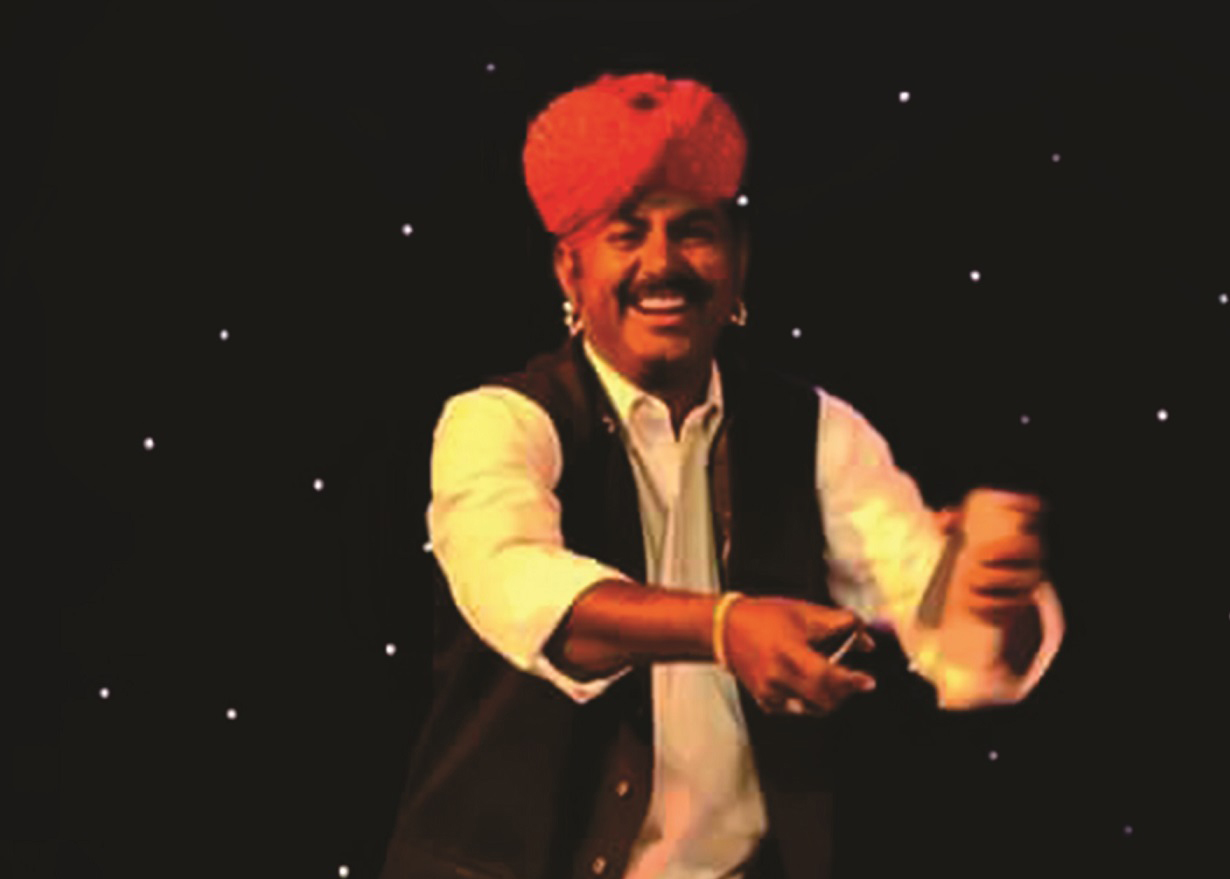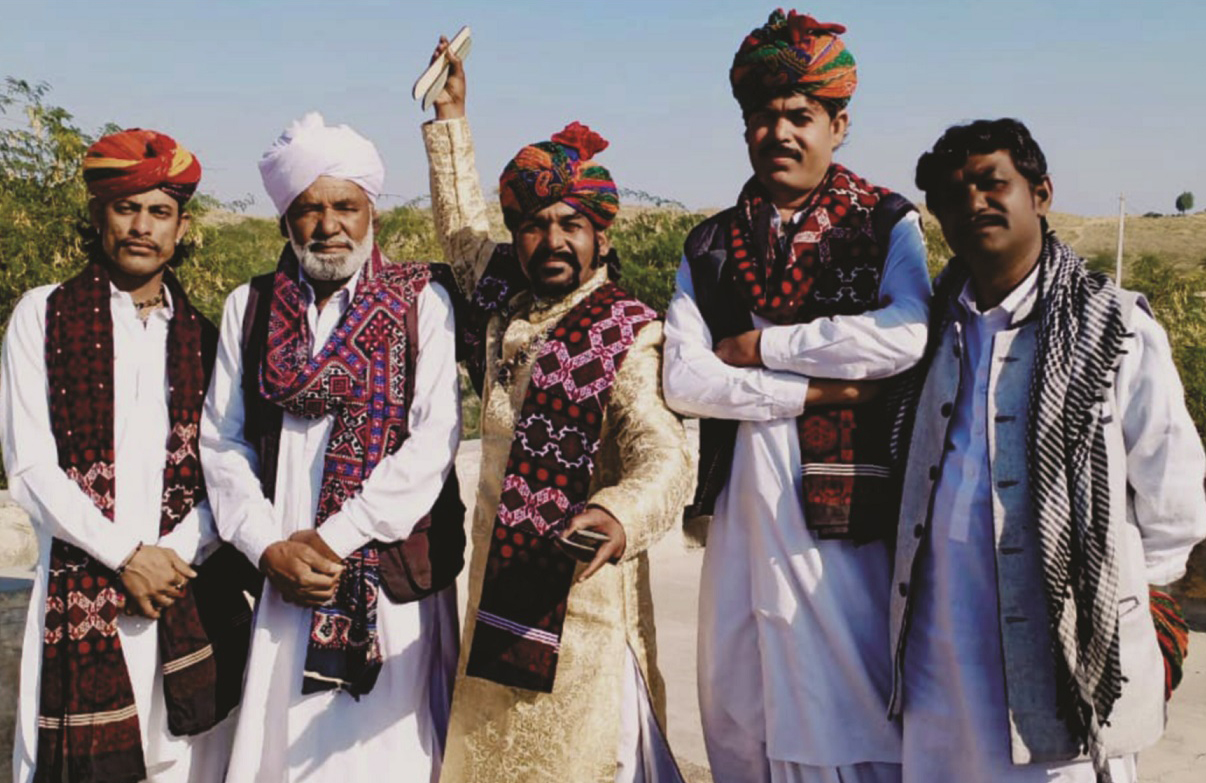Dalinda, Hungary
Dalinda is, in essence, an A’capella band, that is, one that sings without musical accompaniment. This band has three women as lead singers and their music represents a celebration of womanhood and feminine energy – based on the traditional tunes of Hungarian folk music. The power and playfulness, based on folk based rhythms, are the hallmarks of their music. Through their music, woven together by folk tradition and modern sounds, charge the audience with feminine energy and tells about the stages of womanhood in all its earthy and celestial cadence and candor. The messages imparted by their music are everlasting and relevant till date – birth, life, death, body, and soul. They have been playing live music since 2015 and have been performing before international audiences since 2017. Recently, Dalinda is evolving beyond A’capella and is venturing into sublime musical experiences involving instrumentals as well, imparting an aura of richness in terms of tunes to their breathtaking musical presentations. That is why, for this festival, they will be accompanied by a wonderful trio of instrumental performers.

